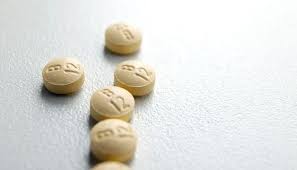1. What are the top sources of vitamin B12 for non-vegetarians?
Animal products, particularly meat, fish, dairy, and eggs, are excellent sources of vitamin B12. Foods like salmon, sardines, tuna, clams, oysters, and beef liver are particularly high in this nutrient. Integrating these into your meals can increase your B12 intake, supporting your energy production and cognitive functions.
2. How can vegetarians and vegans get enough vitamin B12 in their diets?
Vegetarians can consume dairy products and eggs to meet their vitamin B12 needs. Vegans, on the other hand, should look for fortified foods, such as cereals, plant milks, and nutritional yeast enriched with B12. Supplements are also an option.
3. Can I get vitamin B12 from plant-based foods?
No, plant foods do not naturally contain vitamin B12. Vegetarians and especially vegans should consider fortified foods or supplements to ensure they meet their daily requirements of this essential nutrient.
4. Why is it important to ensure adequate absorption of vitamin B12?
Proper absorption of vitamin B12 is crucial as it allows the nutrient to enter the bloodstream and support bodily functions. Assimilation can be maximized by consuming foods rich in calcium and maintaining a healthy gut environment. Certain individuals may need supplements or medical interventions to improve absorption.
5. What should I consider when choosing a B12 supplement?
Look for supplements containing methylcobalamin or cyanocobalamin, which are readily usable forms of B12 by the body. Choosing reputable brands that have undergone third-party testing can ensure quality and effectiveness.
6. How do different forms of vitamin B12 in supplements affect health?
The bioavailability of B12 varies across different forms. Methylcobalamin, found in foods, is efficiently utilized by the body. For supplements, sublingual forms allow direct absorption into the blood, while injections bypass the digestive system and may be more suitable for those with absorption problems.
7. What are some ways to integrate vitamin B12 into my diet?
Consider eating a variety of B12-rich foods, such as seafood, organ meats, dairy, and poultry. Fortified cereals and plant milks can also be excellent additions to your diet, especially if you have dietary restrictions. Explore your local store or online resources for these products.
8. Why is maintaining optimal B12 levels important for health?
Optimal levels of vitamin B12 are fundamental for energy production, nervous system health, and red blood cell formation. Regular monitoring of your B12 status, eating a diverse diet, and considering supplementation when necessary can prevent deficiency and maintain overall health and vitality.



